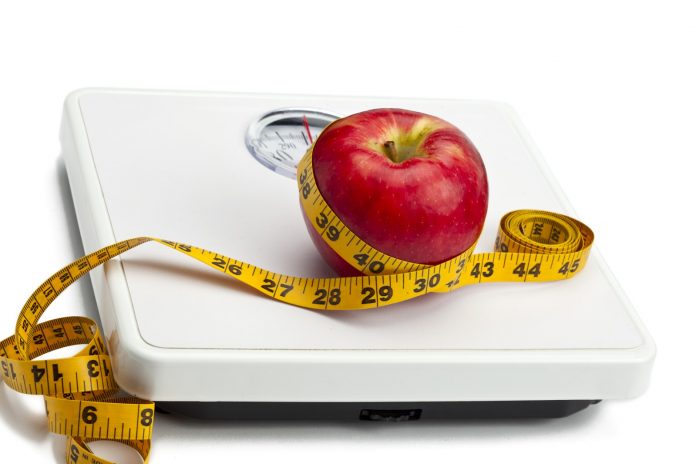by Dana Brown, creator of HealthConditions.info
Carrying around a few extra pounds might not seem like that big of a deal, but when you consider the fact that studies have shown that obesity shortens your life expectancy, those extra pounds can be life-altering. Comprehensive research concludes that overweight people shave about one year off their life, while moderately obese people lose as much as three years. Add to this the fact that obesity is linked to other health-related issues like diabetes, heart disease, stroke, and high blood pressure (all of which can lead to premature death), and overcoming obesity becomes a high priority. Losing weight is tough, but it’s worth it when it saves your life.
Switch Up Your Diet
Fast food is super convenient, not to mention it tastes so good, but in the long run it can wreak havoc on weight loss goals. Changing your normal routine can be difficult, which is why you should make small, but impactful diet changes. Start by switching your attitude about food, and focus on what you can eat rather than what you can’t. Thinking about certain foods as off-limits may leave you feeling as if you are being restricted, but proper nutrition provides endless opportunities. There are fruits and veggies you may have never tried, such as dragon fruit, guava, bok choy, and spaghetti squash, all of which can be used in a variety of ways. Water is another simple way to make a big change. Like most people, you snack when you are bored or stressed, and sometimes you mistake your hunger for thirst. Next time your stomach starts to grumble, drink a glass of water to see if that makes a difference. Drink a glass of water before meals too to get that full feeling so you don’t over do it with a second helping.
Get in the Routine
Exercise isn’t always at the top of anyone’s fun list, but it’s necessary for weight loss, which is why it is important to find the right routine. Make it convenient to work out by choosing a gym near your home or office, and having workout clothes/gear in your car so you don’t have an excuse to skip out. If you don’t have the time to hit the gym, put in a workout DVD, follow an online class, or purchase your own equipment to create a home gym. Turn your routine into a ritual by completing smaller rituals that revolve around your workout. Set out your workout clothes at night, brew a cup of coffee for the drive to the gym, or play music before you sweat it out to get you motivated and energized. Above all, don’t beat yourself up when you don’t see the results you expected. There will be triumphs and setbacks, but you have to keep moving forward. Recruit an accountability partner to keep you focused, and provide that push and encouragement when it feels like you aren’t getting anywhere.
Don’t Count Surgery Out
With proper diet and exercise, some individuals are able to lose the weight rather easily. For those who are severely obese, bariatric surgery is an option, as it reduces the amount of food your stomach can hold, assisting in your weight loss goals. According to Qunomedical, on average, a patient will decrease “15% to 30% of their starting body weight in the first few months following bariatric surgery,” and keep the weight off by following a diet and exercise routine. The biggest pro to gastric bypass is the weight loss boost, in addition to improved obesity-related health conditions and better quality of life. However, there are cons that need to be considered. Immediately after surgery, you will be on a pureed diet, and slowly transition to solids. Portion sizes will be much smaller due to the decreased surface area of your stomach, which might be hard for your brain to comprehend. Keep in mind that the pros and cons vary depending on the type of surgery you receive.
Overcoming obesity is an ongoing battle, but you can do it. Revamp your diet, find an exercise routine that works, and when all else fails, consider alternatives such as bariatric surgery to get things going. You won’t win the battle overnight, but victory is within sight.
Dana is the creator of HealthConditions.info, which aims to provide Internet users with helpful content and resources that will lead them to making healthier decisions. Dana has 15 years of caregiving experience, and after seeing some patterns of poor health she became determined to help inform people about healthy living.













